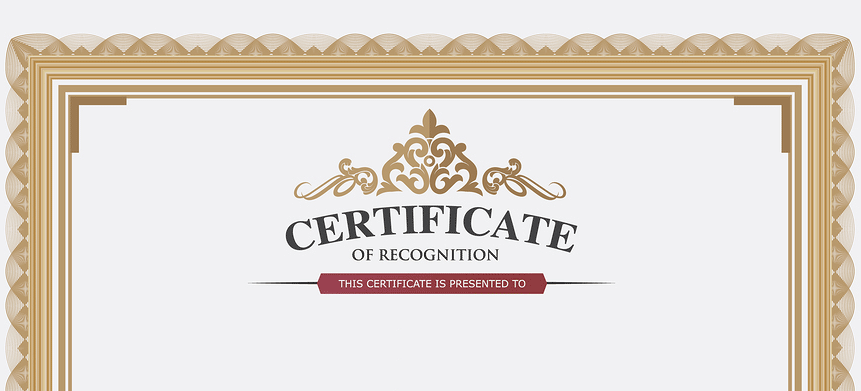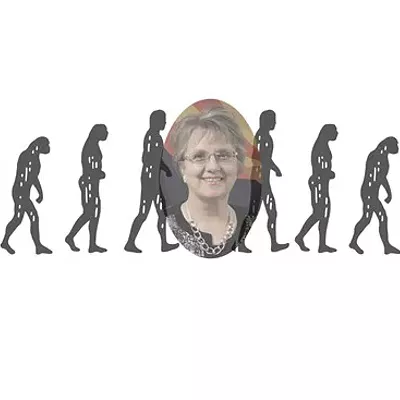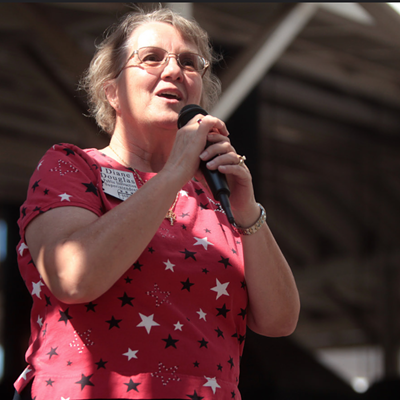Friday, January 23, 2015
Reading Diane Douglas' "State of Education" Tea Leaves
The Range's Maria Taracena has done a great job of summarizing the main points in Ed Supe Diane Douglas' 2015 State of Education message. In this post, I want to ask, what does it all mean? Douglas was famously mum during the campaign season, so lots of what we're hearing from her, we're hearing for the first time. Some of it sounds good, I must say. But I've learned not to read public officials' statements with my hopes and dreams. Gov. Ducey's State of the State message vs. his budget proposal is a case in point. Better to read exactly what Douglas' words say, then try to guess what they might mean, making sure to view them through the lens of Douglas' basic Tea Party philosophy.
Douglas said Arizona ranked 47th in a recent "Quality Counts" education report and received a rating of D+. First, that's an honest statement, not a sugar coating, which is good. Second, the source is Education Week, a more-or-less middle-of-the-road journal written mainly for educators, which I subscribe to and read. The fact that Douglas didn't discount Ed Week as a progressive/lefty propaganda rag is encouraging. I hope she reads it on a regular basis. There's a lot to learn in there for anyone interested in education.
Douglas didn't quite say we need to raise teachers' salaries, but she almost did when she said, "Arizona’s average teacher salary is ranked 42nd in the nation and salaries are a major obstacle when recruiting outside Arizona." It's a lovely sentiment, one I agree with heartily. If Ducey's proposal to shift non-classroom funds into the classroom goes through, it could happen — likewise if Republicans agree to abide by the court's decision that they need to add hundreds of millions to school funding. But since Douglas didn't say we need to increase the state's education budget, however, her words are nice but don't mean much. They would have been nicer still if she urged the lege to spend more on our children's educations.
Douglas gave a terrific, positive affirmation to Arizona teachers. "I know first-hand just how hard our teachers work and how much they care about their students." No teacher bashing from Douglas, at least not yet. Since teachers aren't public enemy number one — at least not yet — if she's consistent, she'll have to look for ways to improve the state's education that don't begin with, "Throw the bums out!"
The one thing everyone knows about Douglas from the campaign is that she's against Common Core, no matter what name it's given. But now she's come out strongly against the AzMERIT test state assessment which students are supposed to take in the spring. This could be important. A bill, HB 2246, would allow parents to opt their children out of state tests. It was submitted by new Republican Rep. Chris Ackerley from southern Arizona's LD-2. Put Douglas' skepticism about AzMERIT together with the Republican anti-Common Core sentiments in the legislature, and the opt-out bill has a chance of getting some serious consideration. Many people on the left and right would applaud throwing that monkey wrench into high stakes testing, even if they have different reasons.
Oh, and there's this statement about state testing, which I think is wonderful: "Make no mistake, standardized and high stakes testing measure demographics, not student achievement or teacher performance." Big thumbs up to Douglas for saying that. Look at the maps of family income and the grades the state gives to schools. There's a nearly perfect matchup, high income areas with high school grades, low income areas with low school grades. It's heartening to hear her acknowledge that. You never would've heard it from Huppenthal.
Douglas wants to pull together "a broad spectrum of Arizona classroom teachers, colleges, businesses and, yes, parents" to review standards and improve them gradually. An interesting idea, but not a good one. The big question here is, who picks the people reviewing the standards? If the group reflects a "broad spectrum" that goes all the way from Tea Party to moderately conservative, it's just going to move standards to the right. If it's truly broad-based, it will either deadlock or create broad and meaningless standards, making it an exercise in futility.
The final important point is Douglas' view on the teaching of ethnic history and culture. She says these issues should be folded into standard classes, not taught as a separate ethnic studies curriculum. This is an unsurprising statement which sums up her dislike of TUSD's Culturally Relevant Curriculum. I agree that we need more multi-ethnic, multicultural education in the general curriculum, but that doesn't mean the kind of ethnic studies courses in TUSD, which are mandated by the federal desegregation ruling, aren't important as well. It should be both/and, not either/or. This statement could mean continuing trouble for TUSD from the Dept. of Ed. But the truth is, Douglas can't tell districts what courses they can and can't offer, only what curriculum is legal and illegal.
What does all this mean? Close to nothing, actually. I'm reading wisps of word-smoke generated by Douglas' first major statement, which is only slightly better than reading tea leaves. We'll have to see the new Ed Supe in action to find out what it all means in real life.
Tags: Diane Douglas , Arizona Superintendent of Public Instruction , State of Education address , Common Core , State assessments , Ethnic studies













